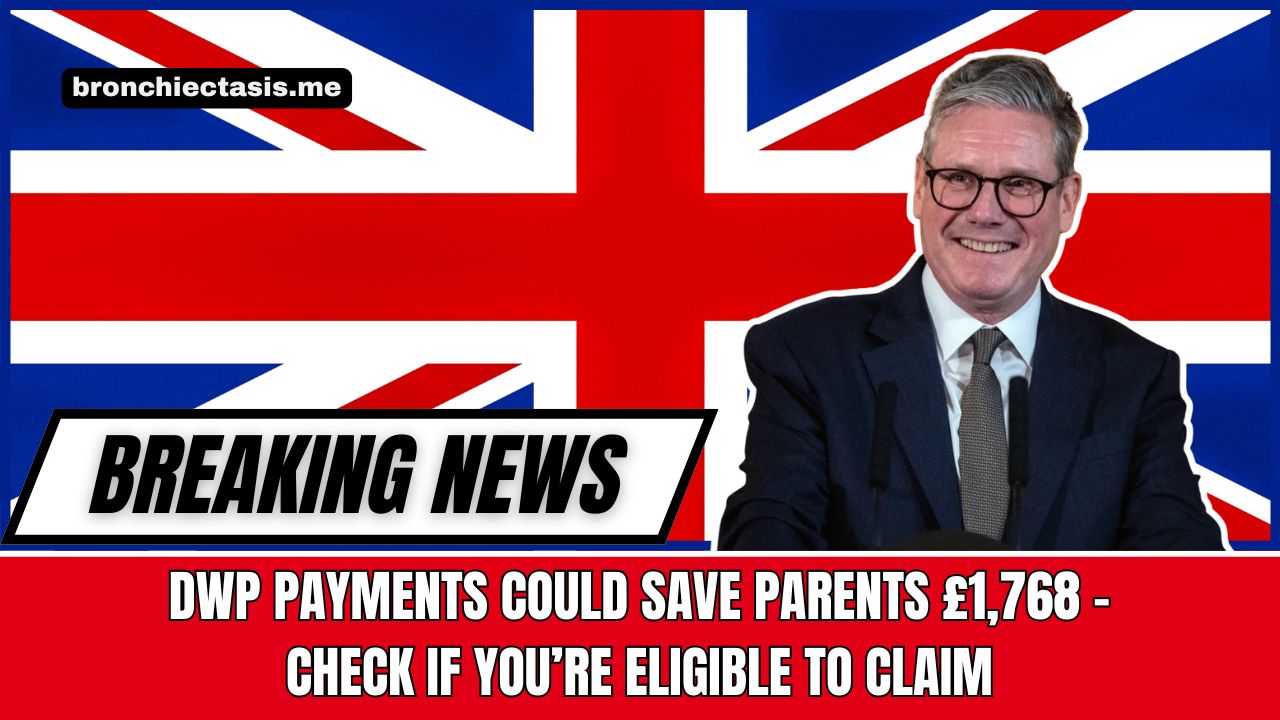The Department for Work and Pensions (DWP) has confirmed that working parents on Universal Credit can reclaim up to 85% of their childcare costs.
This means families could save as much as £1,768.94 per month if they have two or more children.
For many households, this financial support can be a game-changer, helping cover the rising costs of registered childcare services such as nurseries, childminders, after-school clubs, and holiday programmes.
Who Can Claim the £1,768 DWP Childcare Support?
The scheme is available to working parents who are receiving Universal Credit and paying for registered childcare. You must meet the following conditions:
- Employment requirement:
- If you live alone, you must be working.
- If you live with a partner, both of you must be working unless one is unable to due to a disability or health condition.
- Eligible children:
- You can claim for children under 16 years old that you are responsible for.
- Care must be provided by an Ofsted-registered provider in England (or the equivalent in Scotland, Wales, or Northern Ireland).
- Claiming period:
- Costs can be backdated up to three months, but it’s recommended to report as soon as you pay to avoid losing money.
- Claims must be made through your Universal Credit account.
Maximum Monthly Amounts
| Number of Children | Maximum Monthly Claim | Percentage Covered by DWP |
|---|---|---|
| One child | £1,031.88 | 85% of eligible costs |
| Two or more children | £1,768.94 | 85% of eligible costs |
How and When Payments Are Made
- Monthly repayments: The DWP reimburses childcare costs each month during your Universal Credit assessment period.
- Proof required: You’ll need to show an invoice, letter, or bank statement from your childcare provider.
- Advance payments: In some cases, Universal Credit can pay childcare costs upfront when you start a new job or increase your working hours.
- Job offer eligibility: You may also qualify if you haven’t started yet but have a confirmed job offer.
Additional Eligibility Situations
You might still be eligible if you’re on:
- Statutory Sick Pay
- Statutory Maternity Pay, Paternity Pay, Shared Parental Pay, or Adoption Pay
- Maternity Allowance
This ensures that even parents temporarily out of full-time work due to family or health reasons can still access support.
Universal Credit and the Taper Rate
Your Universal Credit award is based on a standard allowance plus any additional elements you qualify for (like childcare). However, reductions can apply:
- Savings rule: Large savings may reduce or eliminate your award.
- Debt to DWP: Overpayments or debts may be deducted.
- Taper rate: If you’re working, your Universal Credit decreases by 55p for every £1 you earn above your work allowance.
- Work allowance: Some claimants can earn up to a set threshold before the taper rate starts.
Tips to Avoid Missing Out
- Report childcare costs immediately after paying them—waiting longer than two months could mean you miss reimbursement.
- Use a registered childcare provider—unregistered providers will make you ineligible.
- Track all receipts and invoices—digital copies are acceptable and make claims easier.
- Check advance payment options if you’re starting a new job.
The DWP childcare cost support under Universal Credit can save parents up to £1,768.94 per month for two or more children, easing the financial strain of balancing work and family.
By claiming promptly, using registered childcare providers, and keeping accurate records, families can maximise this benefit.
In a time of rising living costs, this scheme is a crucial lifeline, helping parents remain in work while ensuring their children receive safe, quality care.
FAQs
Can I claim childcare support if my partner doesn’t work?
Yes, but only if your partner cannot work due to a disability, health condition, or caring responsibilities.
How quickly will I get paid after submitting my childcare claim?
Payments are added to your next Universal Credit payment, based on your assessment period. This is usually within a month.
Can childcare costs be covered for school holidays?
Yes. Costs for registered holiday clubs and after-school activities are eligible if they meet the scheme’s requirements.

